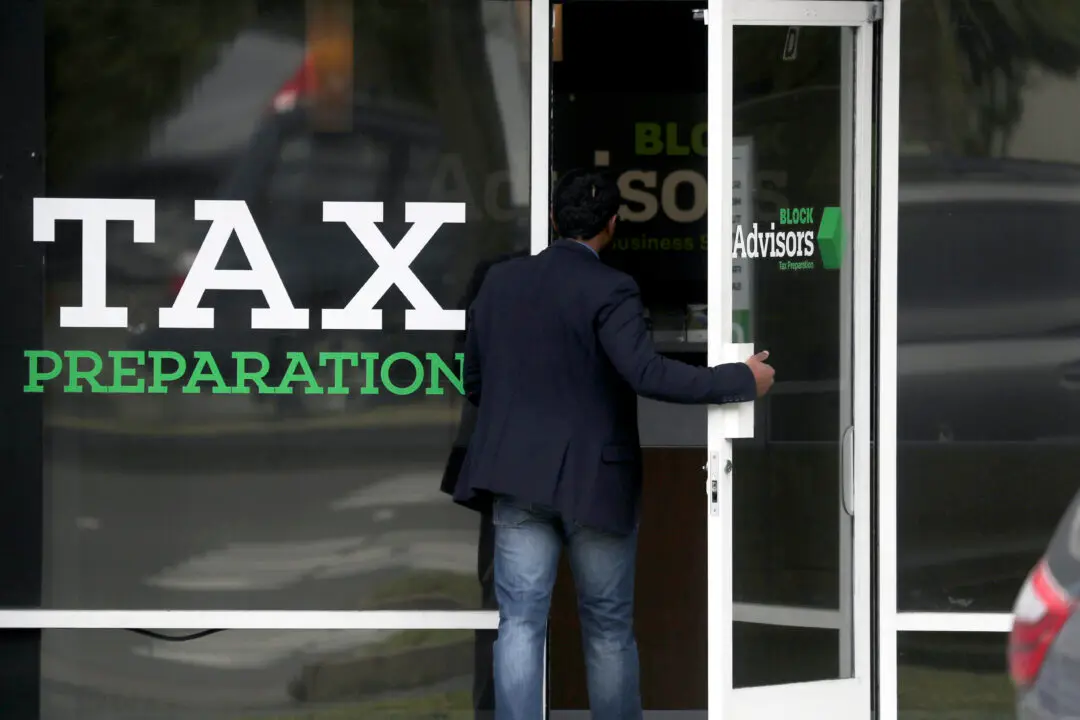Secretary of State Mike Pompeo announced on Feb. 5 the official launch of the International Religious Freedom Alliance (IRF Alliance), a global network formed to continue the fight for religious freedom around the world.
“Defending the right of all people to live their lives according to their conscience is one of this administration’s top priorities,” Pompeo said.





